While the annual cost of the implementation is estimated to be around €1.8 billion on average, it is expected to improve the investment environment for exporters and improve access to long-term credit.
The annual cost of the Borderline Carbon Regulation Mechanism (BCRM), developed by the European Union (EU), which aims to be carbon-neutral by 2050, is estimated to exceed €1.8 billion for exporters. Reporting is scheduled to start in October this year, while taxation is scheduled to take effect in 2026. While exporters remain hopeful about new investments, they avoid painting a positive picture. Sectors such as cement, iron and steel, textiles and chemicals are closely following the implementation, which will tax goods whose carbon content is not priced in the countries where they are produced as they enter the EU border.


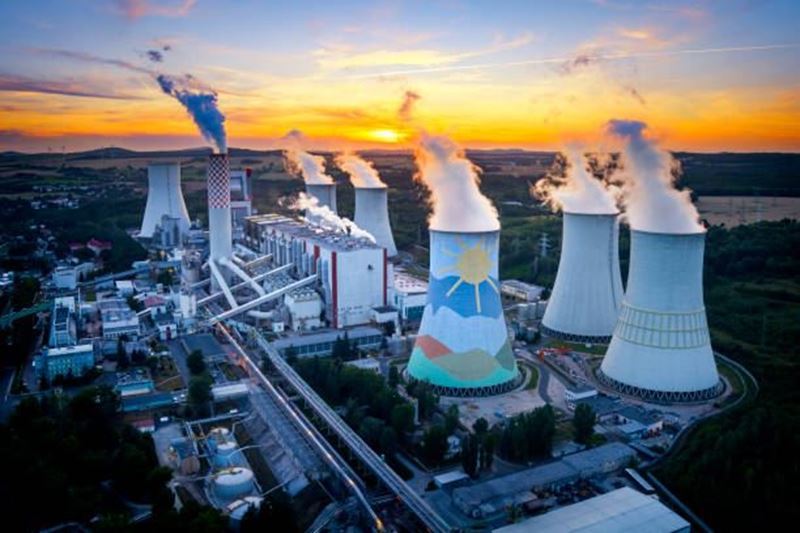

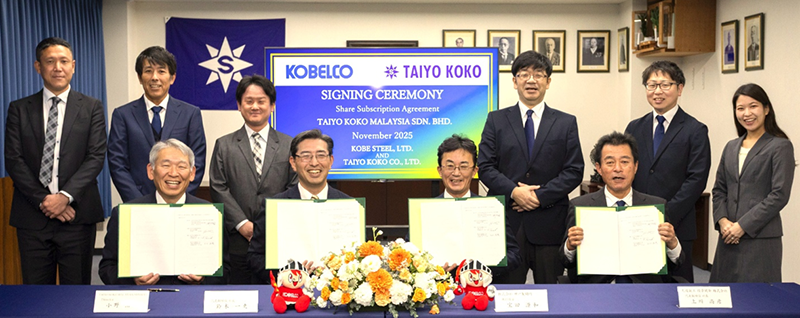
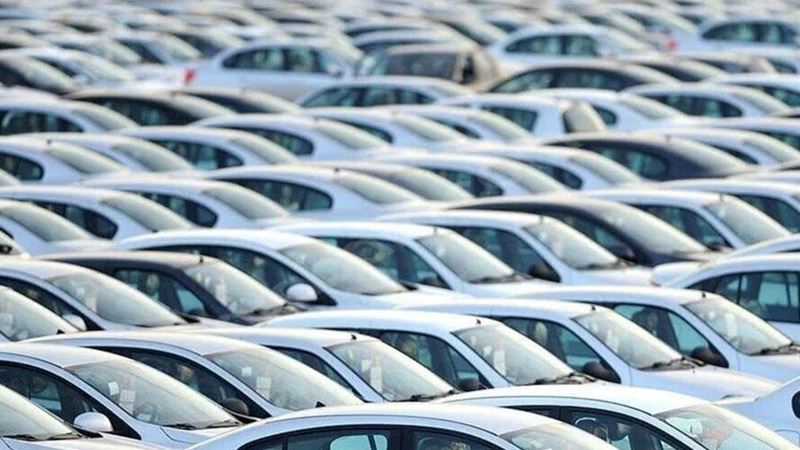
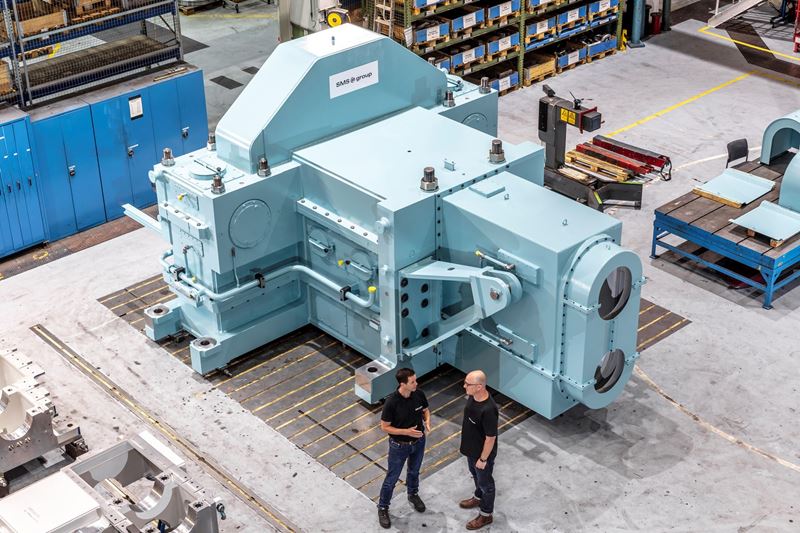
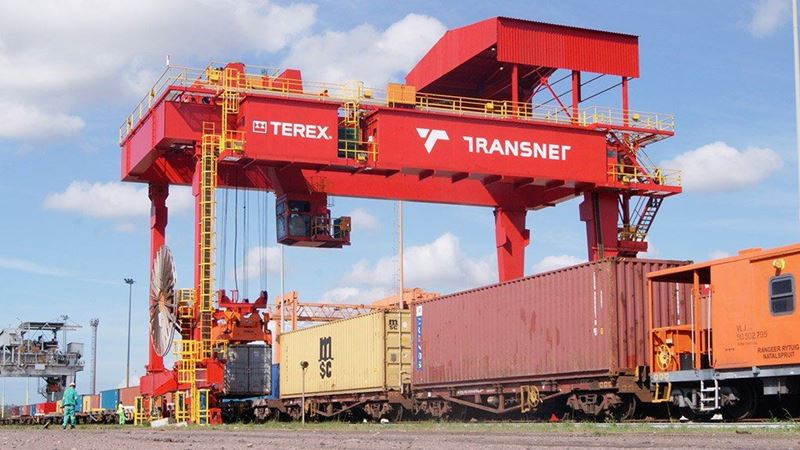

Yorumlar
Henüz yorum yapılmadı